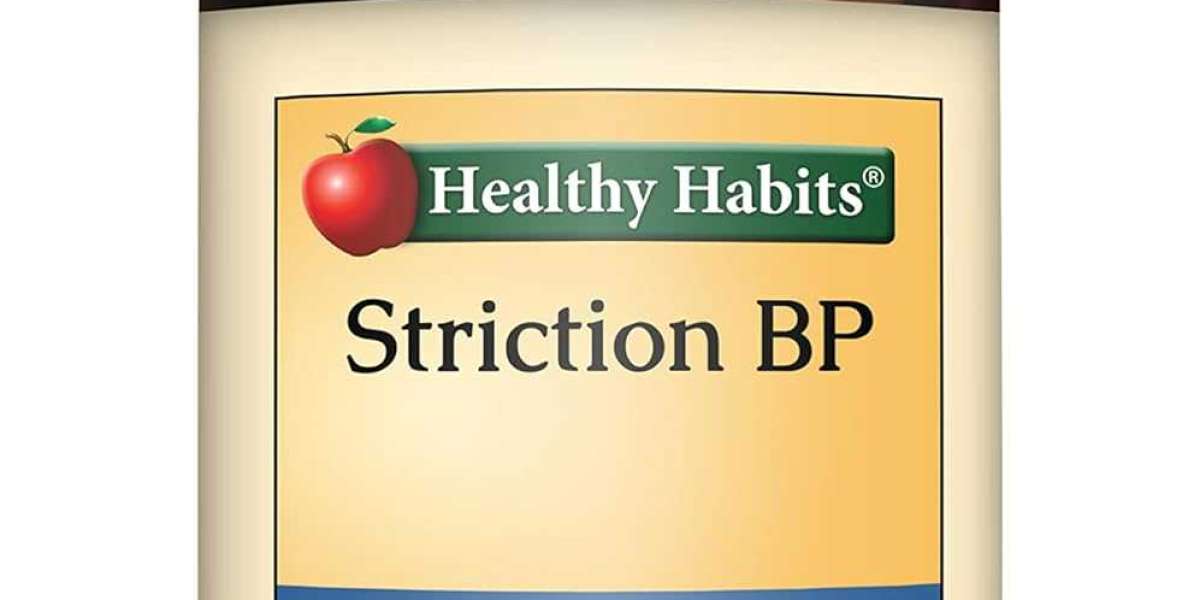Virginia's Guidelines for Child Custody: A Help for Separated Parents
Virginia's child custody laws must be understood by parents in order to manage this challenging circumstance and ensure what's best for their kids. This is a reference to Virginia's laws on child custody in divorce cases:
Types of Custody: Physical custody, which deals with the child's place of residence, and legal custody, which entails making decisions about the child's welfare, are the two main types of custody that are recognized in Virginia. The court's decision about what is best for the child will determine whether parents receive exclusive or shared custody.
- In the interests of the best interests Virginia courts use the "best interests of the child" criteria to make decisions regarding custody. legal separation virginia The factors that are considered include the child's age, health status, relationships with each parent, degree of school and community adjustment, and relationships with each parent.
- Custody agreements: They can take many different forms, such as one parent having sole physical and legal custody while the other has shared custody. The court tries to create strategies that provide stability and advance the child's overall well-being.
- Parenting Plans: Virginia recommends that parents draft written agreements defining their rules for custody and visitation. Immigration to the US from India These plans may contain information about holidays, vacations, and decision-making duties. In the event that the parents are unable to come to an agreement, the court may step in and formulate a plan that is in the child's best interests.
- Mediation: Virginia advises parents to explore mediation as a means of achieving a mutually agreeable parenting arrangement before pursuing legal action. An unbiased mediator leads the conversation, assisting parents in reaching a decision and reducing the emotional burden on the family.
- Visitation Rights: Even in cases where one parent is granted sole physical custody, the noncustodial parent typically gets visitation rights. Visitation agreements are often established to ensure that the child and the noncustodial parent enjoy meaningful and frequent contact.
- Modification and enforcement: Custody arrangements may need to be modified in the event of a significant event that affects the welfare of the child. young people juvenile reckless driving virginia In the event that one parent disobeys, courts have the power to enforce custody orders; thus, parents must abide by the terms of their agreements.
- Thoughts on Domestic Violence: Courts thoroughly investigate allegations of domestic abuse. When deciding who gets custody, the court will prioritize the child's safety and well-being if there is a history of abuse.
Understanding Virginia's child custody laws requires a thorough understanding of the state's legal system as well as a commitment to the child's best interests. In addition to seeing an attorney, parents who wish to promote their child's emotional and physical well-being throughout and after the divorce process might consider participating in mediation. Priority should be given to custody arrangements' stability.
# juvenile reckless driving virginia #Immigration to the US from India # legal separation virginia







